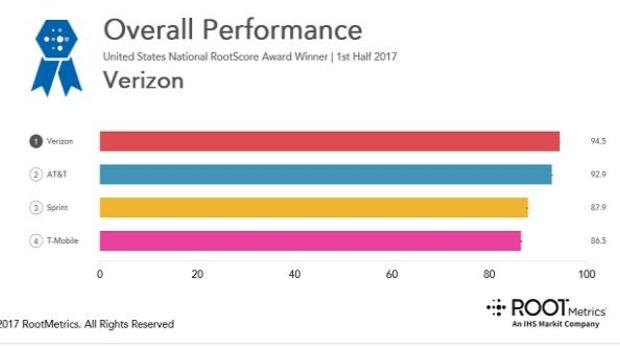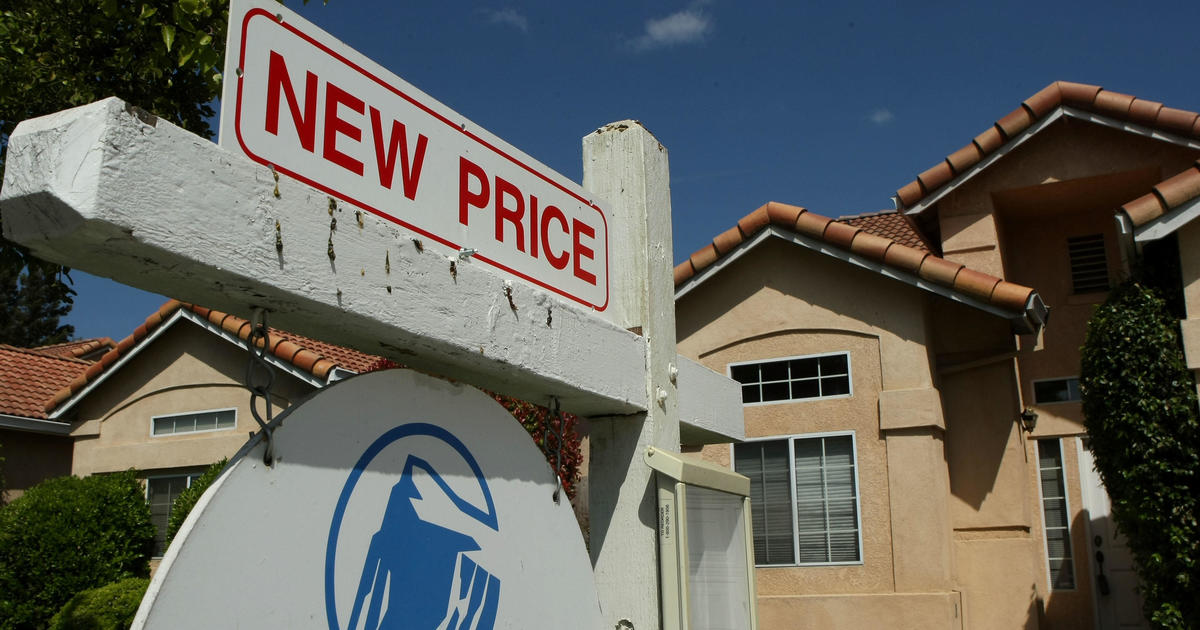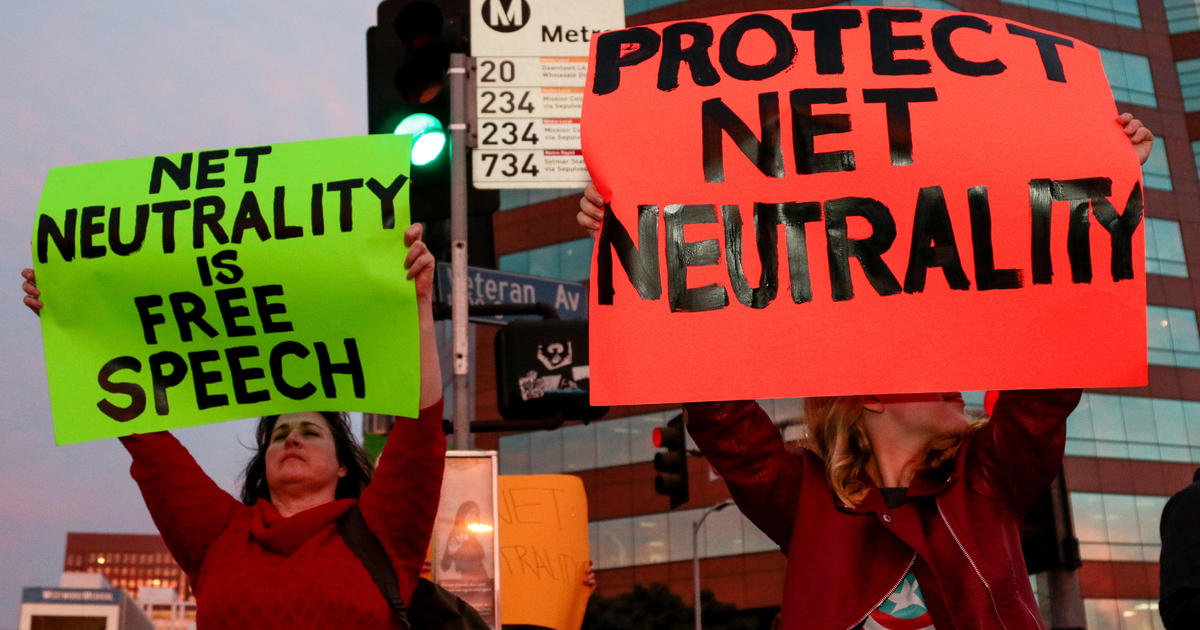Verizon remains best-performing network, new report says
The return of unlimited data plans from the nation's big four wireless carriers hasn't hurt network performance, according to the latest report from RootMetrics.
For the first half of 2017, the testing firm reported that all four major wireless carriers improved their median network speeds in at least 20 markets. AT&T saw improvement in 51 metro markets, and T-Mobile in 73 markets. Sprint also continued to see big gains in performance. The companies all improved the percentage of markets that can get downloads of more than 20 megabits per second.
The increased network speeds in more markets comes at a time when competition in the wireless market is heating up. Each of the major carriers has reintroduced unlimited data plans as a lure to steal customers from competitors. In January, T-Mobile went all-in on its unlimited option, removing all other options. AT&T and Sprint also touted their own all-you-can-eat options. Then in February, Verizon quietly brought back its own unlimited plan for the first time in seven years.
"The fact that all carriers improved their median download speeds in 20 markets or more suggests that regardless of what is happening with data plans, the carriers are taking steps to mitigate any negatives from increased demand," said Annette Hamilton, director at Root Metrics.
For the eighth time in a row, Verizon Wireless ranked No. 1 nationally in overall performance, reliability, speed, data and calls. AT&T took second place, while Sprint was third and T-Mobile ranked fourth.
But T-Mobile argues that the move to unlimited data has taken a toll on AT&T's and Verizon's networks, resulting in slower download speeds for consumers. In a blog post last week, T-Mobile CTO Neville Ray said his company has the fastest wireless network in the U.S.
"The real news is how dramatically both AT&T and Verizon's networks have caved since making unlimited available to their customers -- all while T-Mobile's network has continued to soar," he said.
Ray downplayed the results from RootMetrics and insinuated that Verizon is paying RootMetrics to come up with these results.
"Unbiased scientific studies tell us loud and clear that Verizon's network is struggling with unlimited and T-Mobile has caught up," Ray said in a statement provided to CNET. "That's based on millions of actual customer experiences, not consultants funded by Verizon. Color me surprised that a Verizon-sponsored report claims they're on top."
RootMetrics' Hamilton wouldn't say whether Verizon is a current customer, but she did say that at one time or another all four major carriers have been RootMetrics customers. She also explained that data T-Mobile uses to base its claims is flawed.
T-Mobile's data on network performance comes from crowdsourced apps such as Ookla's SpeedTest. Ray argues that these apps give a more accurate picture of how a network is performing in the real world, because it aggregates testing information from customers who use the app to test their mobile connections. But Hamilton said crowdsourced testing apps don't offer a fair comparison because the testing parameters aren't uniform. There's no way to control for the location or time of day the tests were conducted.
RootMetrics conducts its own testing and it doesn't use crowdsourced data. Instead of taking data from a testing app that consumers use to check their network speed, RootMetrics tests the network itself and has complete control over the testing environment. Hamilton said it gets a more accurate view of network performance because it tries to control the conditions of the test as much as possible.
"You can make statistics say whatever you want," she said. "In this case, T-Mobile is not choosing the most scientifically rigorous data."
Still, Hamilton doesn't deny that T-Mobile has made major improvements in its performance. In fact, RootMetrics recorded the fastest download speeds in the country from T-Mobile. According to RootMetrics' data, T-Mobile clocked download speeds of 48.9 Mbps in Lansing, Michigan. Its slowest market was in Stockton, California, where it recorded speeds of only 5.8 Mbps.
Sprint also "showed strong improvements to the number of markets in which it delivered median download speeds of 20 Mbps or faster," according to the report. Its fastest median download speed of 33.9 Mbps was recorded by RootMetrics in Atlanta.
This article originally appeared on CNET.





